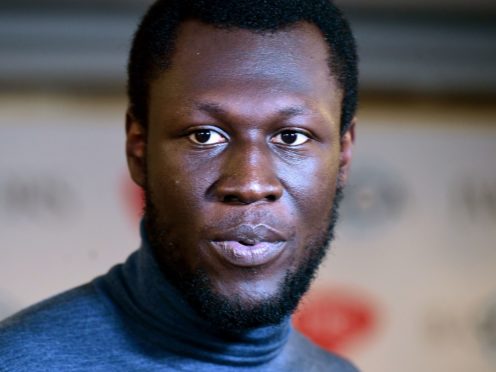Concerns have been raised by MPs about “continued discrimination” against grime and urban artists in a new report looking into the UK live music industry.
The Digital, Culture, Media and Sport (DCMS) Committee said it has “uncovered evidence of persisting prejudice against urban music and grime artists”, which it warns is putting the future of the genre at risk.
The report suggests that, despite the success of artists such as Stormzy, Wiley and Bugzy Malone, many others face challenges when trying to perform live across the country.
In 2017, the Metropolitan Police announced they were repealing their controversial 696 live music order form, which was originally introduced as a risk assessment for live music to prevent violence, but was frequently accused of unfairly targeting specific genres on a racial basis.
However, the DCMS Committee said in the report that, although it welcomed the abolition of form 696, it is “concerning to hear that prejudices against urban acts persist”.
One of the pieces of evidence cited in the report comes from London rapper ShaoDow, who said he once had a venue cancel on him on the day of the performance.
He told MPs: “I was booked for a performance in a club and called them ahead of time to say, ‘I am on my way’, and they said, ‘Oh, by the way, we were just listening to your music. You make hip hop’. I said, ‘Yes’, and he said, ‘Oh, we cannot do that here, we will lose our licence’.”
ShaoDow said the cancellation of his gig happened “about eight years ago”, but that he does not “see it vastly improving”.
He also told of a rapper friend of his “who does not swear in any of his music and is about as positive as you could possibly be”, who had a venue in Derby cancel on him recently after they “suddenly realised he is a hip hop artist”.

ShaoDow added: “The repeal of form 696 has definitely helped in London, but in smaller fringe cities where people still listen to this music – Norwich, there is a massive hip hop base there, but it is still treated with a lot of suspicion, and I think that is very unfair.”
BBC Radio 1Xtra presenter DJ Target told the DCMS Committee inquiry that he believes a power imbalance between licensing authorities and smaller venues is why some venues find it difficult to question decisions to close down certain events.
He said: “It could be a venue that has been pressured to cancel the event by the police.
“It could be a local authority that pulls a licence or threatens to pull a licence if you have that event. It is coming from different levels. The small promoter cannot afford to have his licence taken away.
“The small venue that already is struggling cannot afford to risk it so then they end up saying, ‘OK. We do not do those types of nights anymore’.”
Jane Beese, head of music at The Roundhouse, told the committee that “there is still an amount of what I believe to be institutionalised racism, which is hindering that scene rather than allowing it to flourish”.
Ms Beese added that the grime scene “is not being supported by local councils, by licensees”, and that “we are absolutely missing a trick by trying to put something back in a box rather than trying to create something that is going to be financially and culturally valuable for us as a country”.
In its report, the DCMS Committee calls for “cross-departmental action by Government to develop guidance for licensing authorities, police forces and music venues on risk management to ensure that urban music acts are not unfairly targeted”.
DCMS Committee chairman Damian Collins said: “When it comes to live performance, it’s shocking to hear that grime artists are continuing to face prejudice, which risks hampering the success of one of our most successful musical exports.”
